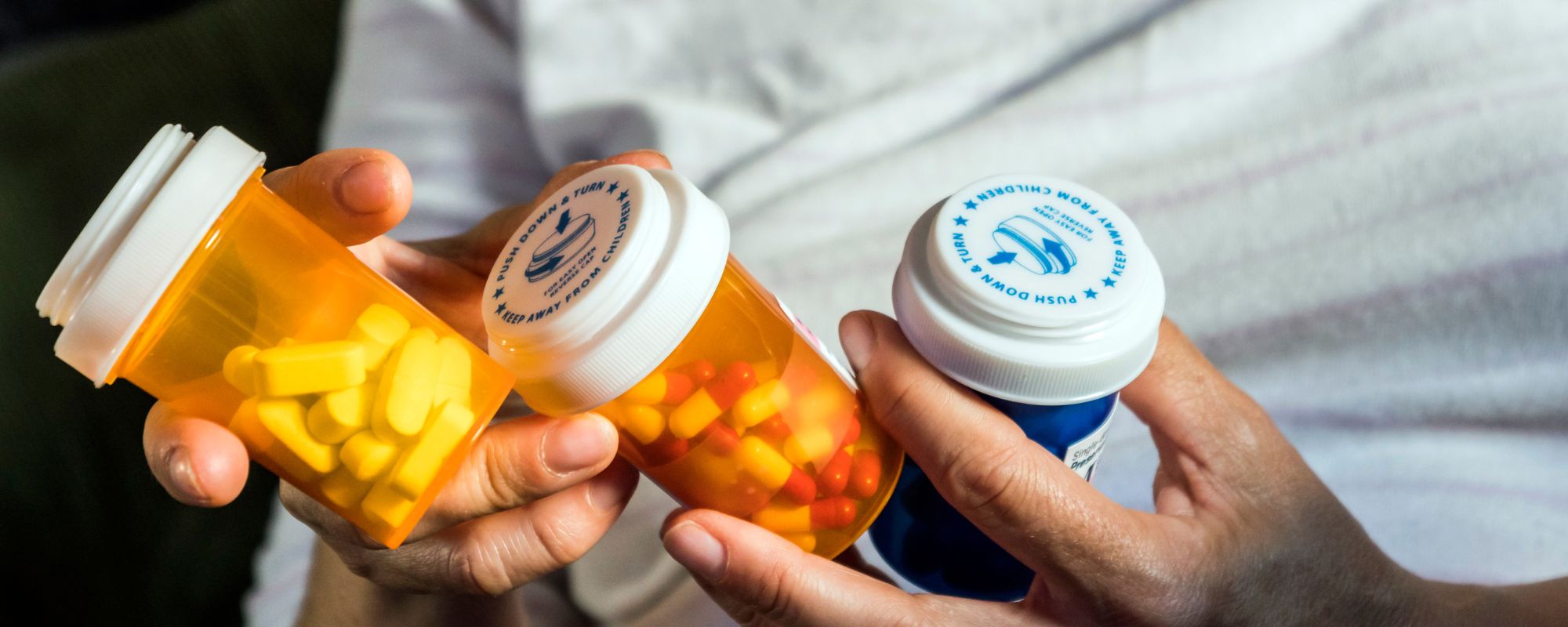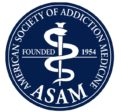As the opioid epidemic continues to wreak havoc across the nation, the need for effective treatment options has become more prominent than ever. Fortunately, many medications have been found to be effective in the opioid addiction recovery process, including Suboxone.
Of course, as a prescription medication, Suboxone does have the potential to cause unpleasant side effects. If you are considering taking Suboxone, it is important to be aware of how this medication works and how to be sure you are using it safely.
What Is Suboxone?
Suboxone is a medication used to treat opioid dependence and is made from a combination of buprenorphine and naloxone. Buprenorphine is a partial opioid agonist, binding to the same receptors in the brain as opioids while producing a weaker effect, which can help to reduce withdrawal symptoms and cravings for opioids.
Naloxone is an opioid antagonist, which means it blocks the effects of opioids. This is included in Suboxone to prevent people from injecting the medication, as injecting naloxone can cause serious withdrawal symptoms.
Suboxone is available in several forms, including tablets, films, and injections, and can be taken in varying doses depending on the severity of the person’s opioid dependence. It is typically taken once or twice a day.
While Suboxone can be an effective treatment for opioid addiction in controlled environments, this medication does still pose a risk for abuse. For example, someone with a heroin addiction may use Suboxone in between doses to stave off withdrawal symptoms.
Where Can I Get Suboxone Treatment?
Most people will acquire Suboxone through doctors or other medical professionals at a Suboxone clinic. These clinics are healthcare facilities that provide medication-assisted treatment (MAT) for opioid use disorder (OUD).
MAT is a type of treatment that combines medication with behavioral therapy to help people overcome addiction. While each Suboxone clinic may vary in the exact services they offer, some of the most common treatment options available at these facilities include:
- Medication management: Suboxone is a prescription medication, so it is important to see a doctor or nurse practitioner regularly to get refills and monitor your progress.
- Behavioral therapy: Behavioral therapy is an important part of MAT, as this can help you to identify and change the behaviors that are contributing to your addiction.
- Counseling: Counseling can help you address the emotional and psychological issues that are associated with your addiction and learn healthier coping mechanisms.
- Support groups: Support groups can provide you with a safe and supportive environment to connect with others who are going through similar challenges and experiences.
Suboxone clinics can be a valuable resource for people who are struggling with OUD, as they can provide the support and resources necessary to overcome addiction and lead a healthy, fulfilling life.
What Are the Symptoms of Too Much Suboxone?
While Suboxone is considered a safe and effective treatment for OUD when taken as prescribed, taking too much of this medication can lead to an overdose. The symptoms of a Suboxone overdose can range from mild to severe, and can include:
- Drowsiness: This is one of the most common symptoms of a Suboxone overdose and can range from mild fatigue to deep sleepiness.
- Confusion: People who have overdosed on Suboxone may become confused and disoriented, as well as have difficulty thinking clearly or remembering things.
- Slowed breathing: Suboxone can slow down a person’s breathing due to its depressant effects on the central nervous system.
- Small, constricted pupils: This is an easy-to-spot symptom of a Suboxone overdose, as the pupils may become so small that they are difficult to see.
- Loss of consciousness: In severe cases, a Suboxone overdose can lead to loss of consciousness, which is a medical emergency and will require immediate attention.
Mixing Suboxone and Other Drugs
It is important to also never mix Suboxone and alcohol or other opioids. Both alcohol and opioids like Suboxone can act as central nervous system depressants, essentially slowing down the system. This means that combining these substances can have deadly side effects.
When this medication is mixed with other opioids or alcohol, it can cause additional symptoms such as nausea and vomiting, abdominal pain, seizures, mood swings, difficulty concentrating, impaired coordination, and respiratory depression.
Because of the severity of these potential Suboxone side effects, it is important to seek emergency medical assistance immediately if you suspect that you or someone else is experiencing an overdose.
Opioid Abuse
Are you struggling with an addiction to opioids?
Royal Life Centers at The Haven is here to help you recover. Because we care.
How Long Does Suboxone Treatment Last?
The length of Suboxone treatment can vary depending on the individual and their specific needs. In general, Suboxone is typically prescribed for at least 6 to 12 months. However, some people may need to take it for longer or shorter periods of time.
The length of time that you will be prescribed Suboxone will depend on the severity of your opioid addiction, your response to treatment, and your risk of relapse. Some people may be able to successfully taper off of Suboxone after a relatively short period of time, while others may need to take it indefinitely.
It is important to work closely with a treatment to develop a personalized care plan that is right for you. Your team will monitor your progress and make adjustments to your medication as needed, as well as help you develop coping mechanisms and strategies for dealing with cravings and triggers during the recovery process.
Suboxone Treatment at Royal Life Centers
If you are struggling with an opioid addiction, it is important to seek professional help as soon as possible. At Royal Life Centers, we offer the comprehensive and effective care you need to successfully recover from your OUD and lead a happier, healthier life.
From our medical detox services to our residential and outpatient treatment programs, behavioral therapies, holistic treatments, medication management, and aftercare services, we are equipped to meet all of your personal care needs.
Recovering from opioid addiction can be difficult, but with the right treatment and support, long-term sobriety is possible. If you are interested in learning more about our opioid rehab program or are ready to start your recovery, reach out to us now!
Addiction can be a serious and scary disease, but with the right support, recovery is possible. We are available to answer all of your treatment questions and help you understand what levels of care will give you the best chance at sobriety. Call 877-RECOVERY to start your recovery today!













